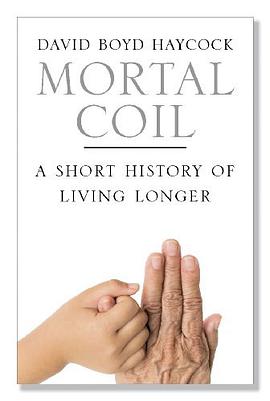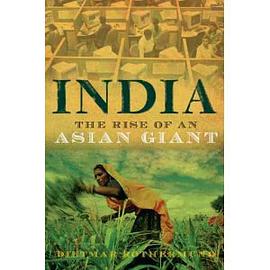

The first landings in the Atlantic World heralded striking and terrifying impressions of people entirely isolated from the explorers' continents, customs and religions. From the first recorded encounters with the native inhabitants of the Canary Islands in 1341 to Columbus' explorations in 1492 and Cabral's discovery of Brazil in 1500, western Europeans struggled to make sense of the existence of the people they met. Were they Adam's children, of a common lineage with the people of the Old World, or were they a separate creation, the monstrous races of medieval legend? Should they govern themselves? Did they have the right to be free? Did they know God? Could they know God? Emphasising contact between people rather than the discovery of lands, and using archaeological findings as well as eye-witness accounts, David Abulafia explores the social lives of the inhabitants, the motivations and tensions of the first transactions, and the swift transmutation of wonder to vicious exploitation. Lucid, readable and scrupulous, this is a work of humane engagement with a period in which a tragically violent standard was set for European conquest across the world.
具体描述
读后感
评分
评分
评分
评分
用户评价
相关图书
本站所有内容均为互联网搜索引擎提供的公开搜索信息,本站不存储任何数据与内容,任何内容与数据均与本站无关,如有需要请联系相关搜索引擎包括但不限于百度,google,bing,sogou 等
© 2025 book.wenda123.org All Rights Reserved. 图书目录大全 版权所有




















